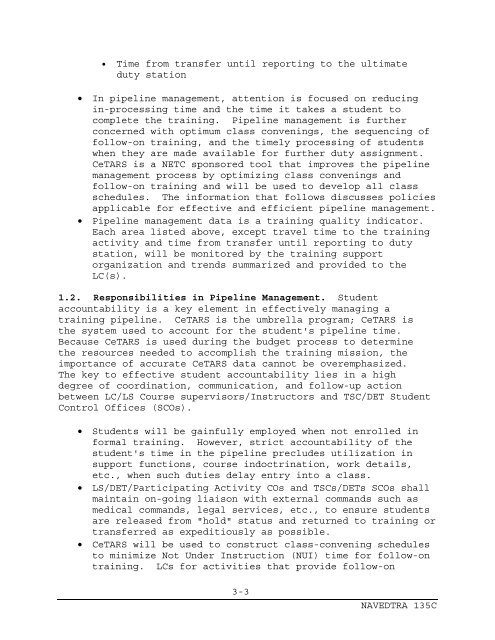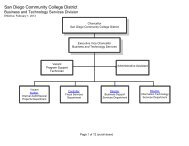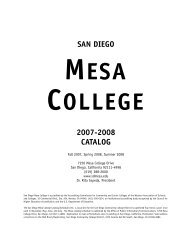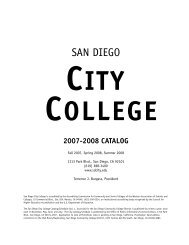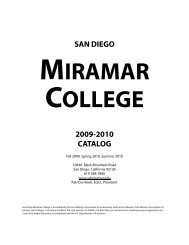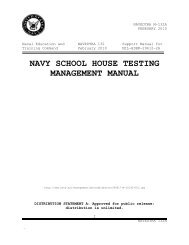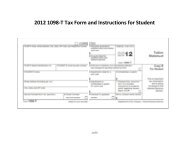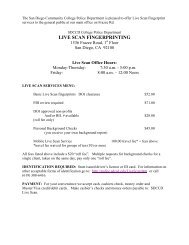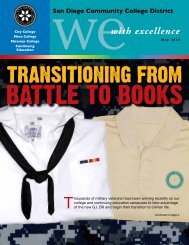NAVY SCHOOL MANAGEMENT MANUAL
NAVY SCHOOL MANAGEMENT MANUAL - AIM
NAVY SCHOOL MANAGEMENT MANUAL - AIM
- No tags were found...
Create successful ePaper yourself
Turn your PDF publications into a flip-book with our unique Google optimized e-Paper software.
Time from transfer until reporting to the ultimate<br />
duty station<br />
<br />
<br />
In pipeline management, attention is focused on reducing<br />
in-processing time and the time it takes a student to<br />
complete the training. Pipeline management is further<br />
concerned with optimum class convenings, the sequencing of<br />
follow-on training, and the timely processing of students<br />
when they are made available for further duty assignment.<br />
CeTARS is a NETC sponsored tool that improves the pipeline<br />
management process by optimizing class convenings and<br />
follow-on training and will be used to develop all class<br />
schedules. The information that follows discusses policies<br />
applicable for effective and efficient pipeline management.<br />
Pipeline management data is a training quality indicator.<br />
Each area listed above, except travel time to the training<br />
activity and time from transfer until reporting to duty<br />
station, will be monitored by the training support<br />
organization and trends summarized and provided to the<br />
LC(s).<br />
1.2. Responsibilities in Pipeline Management. Student<br />
accountability is a key element in effectively managing a<br />
training pipeline. CeTARS is the umbrella program; CeTARS is<br />
the system used to account for the student's pipeline time.<br />
Because CeTARS is used during the budget process to determine<br />
the resources needed to accomplish the training mission, the<br />
importance of accurate CeTARS data cannot be overemphasized.<br />
The key to effective student accountability lies in a high<br />
degree of coordination, communication, and follow-up action<br />
between LC/LS Course supervisors/Instructors and TSC/DET Student<br />
Control Offices (SCOs).<br />
<br />
<br />
<br />
Students will be gainfully employed when not enrolled in<br />
formal training. However, strict accountability of the<br />
student's time in the pipeline precludes utilization in<br />
support functions, course indoctrination, work details,<br />
etc., when such duties delay entry into a class.<br />
LS/DET/Participating Activity COs and TSCs/DETs SCOs shall<br />
maintain on-going liaison with external commands such as<br />
medical commands, legal services, etc., to ensure students<br />
are released from "hold" status and returned to training or<br />
transferred as expeditiously as possible.<br />
CeTARS will be used to construct class-convening schedules<br />
to minimize Not Under Instruction (NUI) time for follow-on<br />
training. LCs for activities that provide follow-on<br />
3-3<br />
NAVEDTRA 135C


